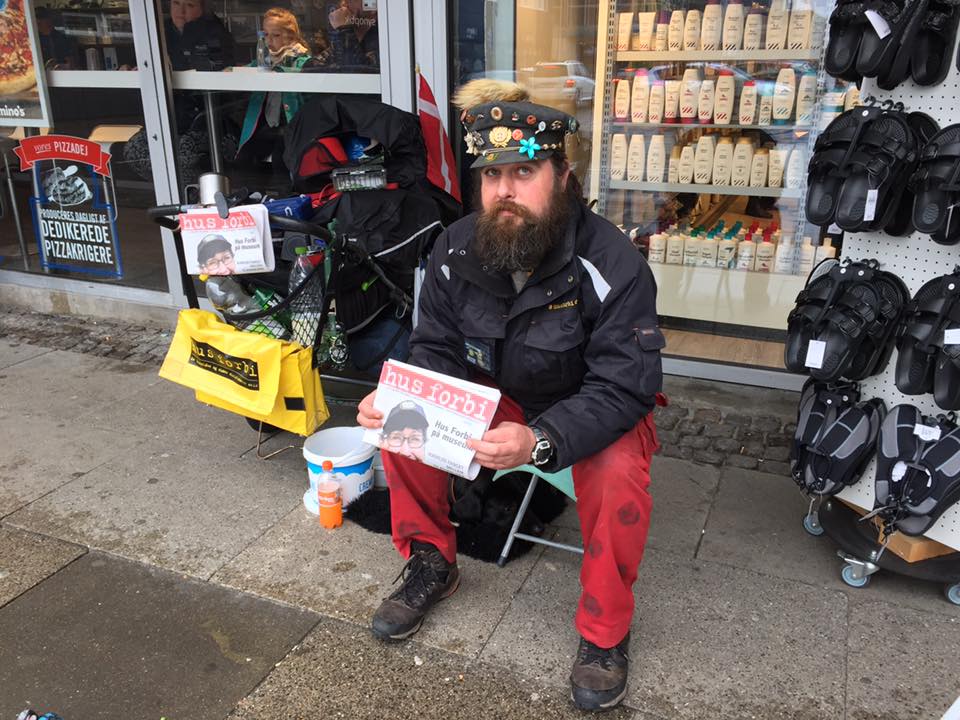Sales of the homeless-run newspaper ‘Hus Forbi’ have plunged by a third in the past year – a fall of 30,000 between April 2017 and 2018.
This is largely due to many people paying for the paper but not actually taking it with them. However, although the same amount of money is being donated, it’s actually bad news for the newspaper and its sellers.
A good deed?
Many think they are helping by giving the sellers a chance to sell it to someone else while still giving them money, but this often ends up having the opposite effect. This is because the newspaper doesn’t receive revenue when a buyer just gives the money to the seller without taking the paper.
If the newspaper continues to lose revenue there are consequences for the sellers as well.
“The sellers receive both summer and winter clothing from us, but that will be something we need to cut down on because revenues are lacking,” Henrik S Pedersen, the paper’s chairman, told DR.
Remember to take the paper
‘Hus Forbi’ was founded in 1996 and largely focuses on issues related to homelessness and is distributed by the homeless. The paper is sold by about 2,750 registered sellers all over Denmark.
The paper costs 20 kroner and the sellers receive 8 kroner from each sale, while also being provided with clothing for the summer and winter.
“Take the paper with you. Both we and the sellers will profit. Besides that, it’s a worthy way of supporting the sellers – by buying a product and not giving out charity,” Pedersen added.














